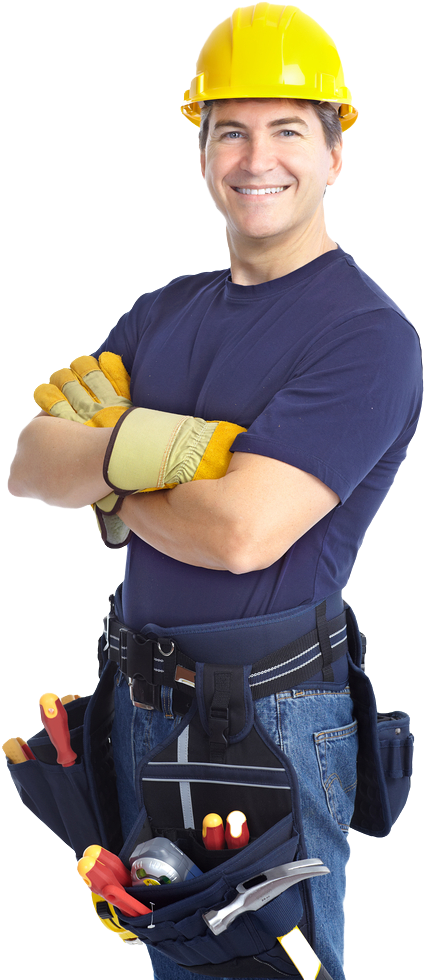Suite 3, 41-43
Victoria Street, Hobart, TAS 7000
Victoria Street, Hobart, TAS 7000
When it comes to drying water logged hardwood floors, implementing effective methods is crucial to prevent severe water damage and preserve the integrity of your timber floor.
First, it’s essential to remove excess water from the hardwood and floorboards as quickly as possible, using a wet vacuum or mop to dry the affected area.
After removing surface water, increasing air circulation is vital for efficient floor drying.
Use fans and dehumidifiers strategically to accelerate drying hardwood floors and reduce the risk of moisture seeping deeper into the wooden floor. Placing fans both above and underneath the hardwood can expedite the drying process, ensuring the timber and wood beneath remain dry and undamaged. Careful monitoring of moisture levels during floor drying is crucial, helping you determine the extent of water damage and the effectiveness of your drying techniques. These same principles apply to Rug And Carpet Drying, where prompt action and proper airflow are essential to prevent mould growth and long-term damage.
Alongside these methods, consider elevating sections of the hardwood to allow air circulation that aids in moisture evaporation. Persistent water exposure can lead to irreversible damage, so continuously assess floor conditions and adapt your strategies to suit the specific situation of your hardwood. Even after the surface of the wooden floor appears dry, hidden moisture may still be present, so ensure the drying processes continue until you’re certain the floorboards are completely dry. By following these methods, you not only dry your timber floor effectively but also prevent further water damage, safeguarding the beauty and longevity of your hardwood floors.
When it comes to floor drying and repair restoration, using the right tools is essential for effective results. One of the primary tools to use is a dehumidifier, which helps remove moisture from the hardwood floor. Running a dehumidifier for several days or weeks ensures that excess moisture is extracted from your wooden flooring, preventing mould growth and Water Damage Restoration. Certified professionals recommend using a vacuum system in conjunction with a dehumidifier to thoroughly dry the hardwood floor and the area underneath. This process helps maintain the structural integrity of the wood and preserve its natural beauty. You can use other cleaning equipment to address the aftermath of water damage.
Equipping yourself with the proper tools is crucial for a successful restoration project. Using professional-grade cleaning tools minimizes the chance of further damage while ensuring efficient floor drying. For stubborn wet areas, consider using airflow carts to enhance air circulation, which removes moisture from underneath the floorboards. If you need a solution for drying carpets, these tools can aid in effectively managing the moisture levels. No matter the extent of the water damage, working with a certified restoration professional ensures a comprehensive post-damage strategy.
They’ll offer expert advice and provide a detailed quote, encompassing all required steps to restore your floors. By using a combination of dehumidifiers, vacuum systems, and other specialized tools, it’s possible to restore your hardwood floor to its pre-damage condition. Keep in mind, knowing the right equipment and techniques can make all the difference in preserving the lifespan of your hardwood flooring and ensuring it stays dry and mould-free.

We provide expert consultation and end-to-end restoration services, guiding you from initial assessment to the complete recovery of your property.
We get the job done! Call Us Today!
Our experienced team employs cutting-edge methods to expedite the restoration process, reducing disruptions and creating a safe, comfortable environment for you.
Count on our water damage experts to deliver prompt, reliable repair solutions that protect your property’s value and structural integrity, helping you bounce back with confidence.







We’ve Got You Covered!
Water Damage Restoration Hobart offers tailored solutions, ensuring every client’s unique restoration needs are met with professionalism and care.
The more we understand your needs, the better we can assist you in reaching the next level.
We’ll develop a tailored solution specifically designed to address and alleviate your property challenges.
Your property is our main focus! We will start our services promptly to ensure your needs are met.
Timber floor drying is the process of removing moisture from wooden floors after water damage or spills. It helps prevent warping, mould, and other long-term damage, ensuring the integrity and appearance of the wood is maintained.
Timber floor drying can take anywhere from a few days to several weeks, depending on factors like moisture levels, wood type, and the drying method used. Professional equipment can speed up the process, but drying time varies.
Prevent water damage by cleaning spills immediately, sealing gaps to protect against moisture, and controlling indoor humidity. Regular maintenance, like waxing or using protective rugs, helps shield the floor from everyday wear and accidental water exposure.
Yes, once timber floors are dry, refinishing can restore their appearance. Sanding and applying a fresh finish can address surface damage or discoloration caused by water exposure, restoring the floor’s original beauty and protecting it further.
Prevent mould growth by ensuring adequate airflow during drying and using dehumidifiers. Keep the humidity levels low, and monitor the moisture content of the wood. Quick drying with professional tools significantly reduces the risk of mould formation.